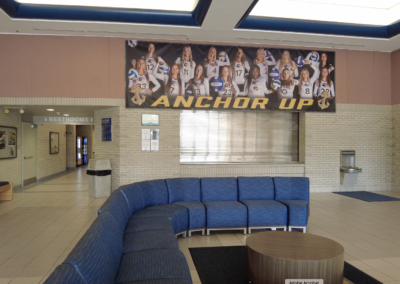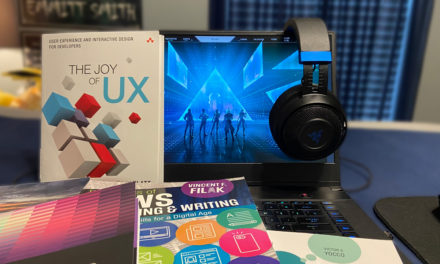Billy Napier the head football coach at the University of Florida, voiced his frustration with the current state of NIL in college football. He stated, “Every college football coach would tell you they’re frustrated. We’re living in a fluid dynamic. There’s a lot of good things about NIL, but I think the combination of the NIL and the portal creates a dynamic you have the bad things about the NFL but none of the good things.”
Nick Saban, the head coach of the Alabama football team, has made several comments expressing his views on the NIL (Name, Image, and Likeness) landscape in college athletics: Saban noted that 25 players on the Alabama team earned NIL revenue totaling $3 million and did so “the right way.” This suggests that while he acknowledges the existence and benefits of NIL deals, he also emphasizes the importance of proper conduct in these agreements. Alabama’s current NIL policies can be found on their site for all things NIL. Saban expressed concerns about the impact of NIL on recruiting, noting that Texas A&M was first in recruiting the previous year and implying that they used NIL deals to attract players. He contrasted this with Alabama’s approach, stating, “We didn’t buy one player.” Saban also expressed uncertainty about sustaining this approach in the future as more teams engage in similar practices. Saban mentioned specific instances that have caused frustration. He referred to Jackson State reportedly paying a significant sum to a player and a situation where basketball players at Miami were set to receive substantial amounts through NIL. These examples highlight his concern about the lack of regulatory oversight in the NIL system and the potential challenges it poses to maintaining a level playing field in college sports.
Florida State football head coach Mike Norvell has expressed support for the Name, Image, and Likeness (NIL) collective known as The Battle’s End. This support came following an amendment of Florida’s previous laws on NIL by Governor Ron DeSantis and the state of Florida. Norvell recognizes that NIL is significantly changing the college football landscape. He has spoken about the importance of addressing certain factors during these times of change and emphasizes the need for “finding the right fit” in terms of recruiting philosophies under the new NIL guidelines.
This link offers additional details regarding how FSU handles aspects of NIL including the use of university trademarks, apparel, and facilities.
FSU Basketball Coach, Leonard Hamilton highlighted the significant changes brought by NIL laws in college athletics, stating that “the whole landscape of college athletics has changed.” He pointed out the challenges faced due to the part of Florida law that prevents schools from helping athletes secure deals, which makes it difficult for coaches to discuss NIL opportunities with potential recruits. (These laws have changed since this quote and the landscape continues to change regularly).
Jim Curry is Texas A&M Athletic Director mostly recently explains that “You can’t talk about transfer portal without talking about NIL,” noting that student-athletes use the NIL to gain materially from the college’s use of their “Name, Image, Likeness.” He says that “student-athletes often are tempted to transfer from schools that do not devote a lot of assets to NIL programs to schools that are committed to helping students profit from their NIL status.
A couple of Florida high school coaches weigh in on the implications of student athletes and their name, image, and likeness (NIL):
Mike Eto the Athletic Director at Chiles High School, in Tallahassee, sees potential benefits for student-athletes to earn extra money for themselves and their families. However, he expressed concerns about what he perceives as a “wild west situation,” where NIL is based on performance and could lead to students transferring schools to improve their NIL opportunities.
Chris Harvey, Coach at Clearwater Central Catholic acknowledged the influence of money and its potential to cause Florida to fall behind in retaining talented players. He compared the situation to coaches leaving Florida for other opportunities, suggesting that the student-athlete version of this trend is influenced by NIL legislation.
These opinions reflect a mixture of optimism for the financial opportunities NIL offers and the challenges it presents. The potential impacts on student athletes, student decisions, and the overall integrity of the sport are all coming into question with the emergence of NIL.
Our own Gulf Coast State College Athletic Director, Mike Kandler weighed in on the subject. He explained that they are enthusiastic for any student-athlete to benefit from their NIL especially student-athletes at Gulf Coast State College. Mr. Kandler advised that they will be supportive in whatever way they legally can when it comes to Students and their NIL. He explained that the current policy for student athletes at Gulf Coast is simply to notify their coaches and or the athletic department of any potential NIL deals when the opportunity arises. Mr. Kandler expressed concern about the overall student-college experience, saying that with student-athletes transferring schools more than they traditionally would have that it is too soon to tell what type of education they are receiving versus the NIL deal they are receiving.









